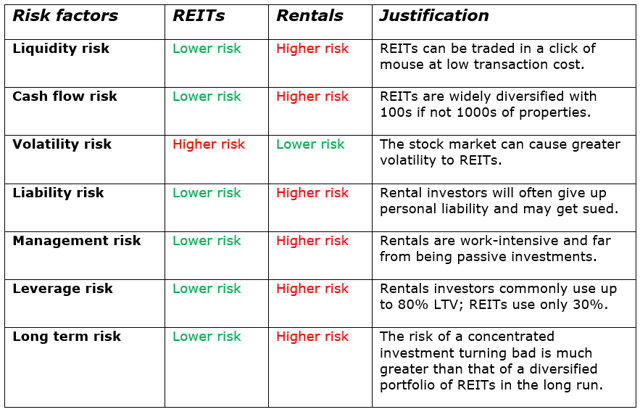I invest in multi-family partnerships through my friend who is a real estate agent and also manages the properties personally. CPAs are good source for finding local opportunities for private partnership investments. I have some commercial RE partnership through crowd-funding web sites which I don't recommend.
IMO, this is the best advice here. Deal with people you know, locally. My first RE deal was a limited partnership that owned an apartment complex. The reason I liked is it that the general partners got paid very little until the property was sold and then only if there was a profit. They had skin in the game. And, at the end, we all made money.
Best deals are scoped up by private investors so what you get from crowd-funding platforms are sub-par and risky deals. You need to network with high networth individuals to find good deals. I hope this helps.
Re crowd-funding, etc. any time a deal arrives accompanied by a salesman or a fancy web site you can be sure it is stinky. Selling to amateurs in small amounts is the last thing anyone wants to do. It happens only if the heavy hitters and institutional investors have rejected the deal. I once had a guy pitching me and I shut him down by telling him that any deal that needed a fancy colored brochure to sell was, as far as I was concerned, an automatic rejection.
RE high NW I would suggest networking with attorneys, CPAs, and possibly commercial real estate brokers. That's where the good local deals become known and where they get put together. If you're not willing to buy local, though, I would suggest abandoning the idea at least temporarily. It will be too hard to identify and vet a deal from a distance.
But overall, these are super-high risk activities and you can lose your shirt. If your networth is not over 1-2 million then I would not recommend private partnerships. There is very little transparency and things can go south very quickly unless you know the managers very well. Better to stick with REIT if you can't afford to lose the capital.
Well, the way I would say that is to avoid commitments that involve a serious piece of your net worth. Start with maybe $25K and over time maybe go a little higher as you get your education. Remember, investing is like school, except first you get the test and then you get the lesson.
... The table below (from seekingalpha.com) lays out some very compelling reasons to invest in REITs rather than private real estate ...
Like virtually everything on SeekingAlpha, that chart was put together by someone with an agenda. Nothing is said about the "expenses" that can be sucked out of REITs by the promoters and their friends through self-dealing. Also nothing is said about the risk of paying too much, particularly in these market conditions where brick and mortar occupancy is declining. It is an almost completely opaque investment. In contrast, a local RE deal can be examined in excruciating detail, including the players and the property. I am not blanket criticizing REITs; there are good ones. But I would stay far away from whomever made that biased table. I'll venture a guess that he is selling a REIT investment letter or program. I
never read SeekingAlpha. "Crowd sourced" there usually means "huckster sourced."


